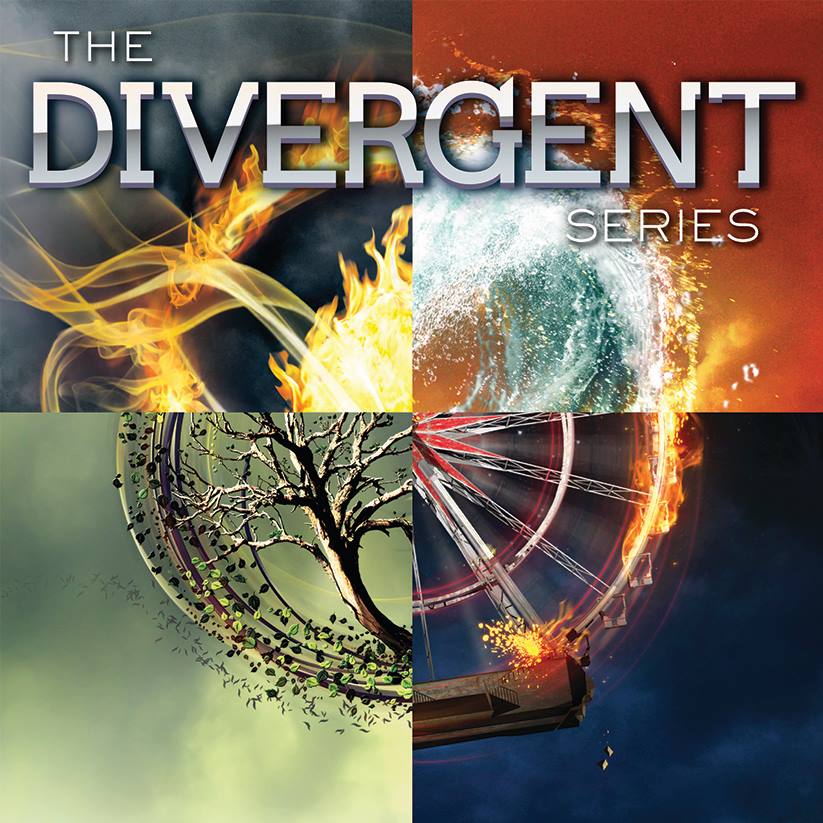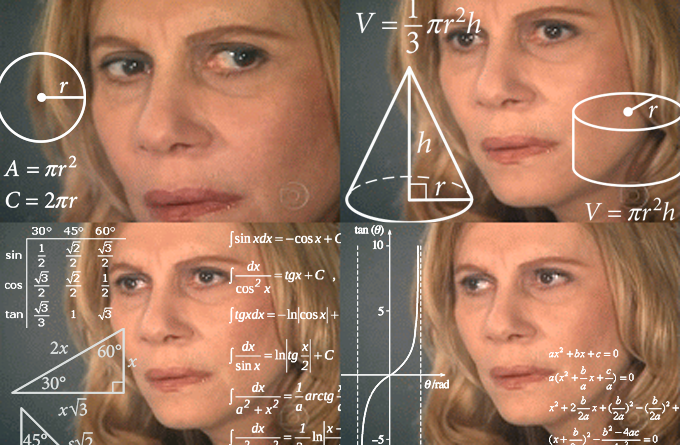Hello! I wanted to share a bit of my writing on this blog to ~get myself out there~. As you might be able to tell, a bit of this was founded in my personal experience briefly after graduation - though it certainly takes on its own life very quickly!
(Oh, and for writers out there who just graduated: Give it a second. You'll find a job. Promise.)
Chapter 1 – The door my degree was supposed to open is locked.
“PREGNANT?”
“Right?” Tiffy flopped on my bed.
“You need to redecorate.”
“I’m not going to be here that
long,” I said, looking around at the posters my teenage-self had plastered on
the wall. Bands and art shows and a few lingering Biebers that had made it
through the many re-plasterings throughout the years. “I can’t believe that.”
Ashton Marks from high school was
pregnant. The girl who had lectured us all about birth control at the ripe old
age of 14-but-I’ll-be-15-in-three-weeks. She and her senior, football
quarterback boyfriend had been talking about having sex after homecoming, and
the jury was still out nine years later on whether that actually happened.
“With whom?” I asked.
“Dunno,” Tiffy said, messing with
the corner of one of my posters. It was ratted at the edges where the cat had
chewed on it. “Think that guy who was on her Insta, like, a few months ago.”
“Mustache guy?” I asked.
“Ugh.” Tiffy was very
opposed to facial hair of all kinds that exceeded the “stubble” variety. I
pattered my soccer ball between my socked feet while Tiffy thrashed in response
to the idea of kissing someone with a mustache. “Also, do you remember Jenny
Harding?”
“Redhead Jenny?”
“Yup. Engaged.”
I groaned. Jenny Harding had been
in the grade below us in high school.
“And my mom is, like, really close
friends with her mom so I have to go to the wedding next summer.” Tiffy picked
at a hangnail. “Bet I’ll still be single next summer.”
“At least you’ll be in L.A.,” I
said. Tiffy was Talented with a capital T. T for Tiffy and T for Talented. It
was only a matter of time until she left our hometown and only came back for
Christmas sometimes. And I, the untalented friend of our duo, would still be
here, decorating Christmas cookies and considering how it’d been so long since
I’d seen her.
+++
My name is Darcy Langdon and I have applied to 37 jobs in
the past month.
I have gotten nothing back.
It’s kind
of like if you were to put yourself on Tinder, Bumble, and Hinge, only to find
that absolutely no one had matched with you. For a whole month. Unfortunately,
my bio on dating apps – “Recent graduate who is looking for a job and a guy who
likes dogs” – hasn’t exactly been raking in the men.
I live
with my parents now.
So, my
confidence is at an all-time high.
“Darcy,
do you wanna play X-box with me?” Jackson, my little brother, is panting at the
frame of my door, a little off kilter. He slid on his socks to get to me.
“I’m – uh
– working,” I said, unsure if applying to jobs was considered actually working.
I wasn’t getting paid, that was for sure. But applying felt like more work than
an actual job would be.
Jackson
squinted at my laptop, which was opened to YouTube. I minimized my browser.
Jackson was the “surprise, but not accident” that my parents had when I was in
high school. The only thing stranger than bringing high school friends home to
your house with all the braces-era memories plastered onto every inch of the
house, is bringing your high school friends home and asking them to keep it
down because there was an infant in the next room.
Not that
I didn’t love Jackson with my whole heart. In fact, that snotty little piece of
my soul had moved from my door frame to climb into my lap. He tried to swivel
my chair.
“We can
play soccer,” he said. He had understood that I played soccer in high school,
though had never seen me in an actual game. I did teach him how to do a few
nasty corner shots in his preschool days. He was going to grow up to be an
athletic kid; he was already far too tall for comfort.
I shifted
beneath him and he put my headphones – which weren’t plugged in – onto his
head, and he pretended to bop to a nonexistent beat.
“I can
kick with both feet so hard,” he said, still wriggling on my lap.
“Is that
so?” I asked.
“Yeah!”
Jackson tucked the headphones around his neck, a habit I think he picked up
from me. “I’m amphibian.”
I tried
to swallow my laugh. “No, Jackson, you’re not.”
Jackson
glowered. “Yes, I am! I can write with both hands, too! You can’t do that! I’m
amphibian!” He crossed his tater-tot arms across his chest.
“No,
Jackson,” I said again. “You’re not.”
“I’m
amphibian!” he yelled. “Mom!” He jumped off me, detangled himself from my
headphones and ran out of my room. I breathed out through my nose. My mother
told me not to antagonize Jackson. I was far too much older for that. But I
couldn’t help it sometimes. I doodled a Jackson-ish looking frog on the notepad
next to me and pressed my foot into Oscar, who had managed to stay asleep
beneath my desk the whole time Jackson had been in the room.
Oscar’s
kitty-snores stopped, and he looked up at me, his eyes flat. He yawned. Which
made me yawn. “Do you wanna watch cat videos with me?” I asked Oscar. He laid
his head back down on his paws, eyes closed. “Worst co-worker ever,” I
grumbled. I looked forlornly at the half-full coffee mug next to me that I
could no longer drink from. My co-worker had taken a lick or two of it while I
had my back turned, and I decided it wasn’t worth drinking after someone who
ate food that constantly smelled of fish.
I sighed
and clicked back to one of the millions of job sites I had subscribed to after
graduation. “Five years’ experience,” I mumbled, shifting through the
qualifications for jobs considered entry-level. “Seven years’
experience,” I said. “Oscar, can you believe this?”
Oscar
mewed back. I clicked again.
“Masters and
ten years’ experience or equivalent?” I laughed and put my head in my hands.
“Oscar, I’m going to work at Taco Bell for the rest of my life.” He stood and
walked figure eights between my legs, as if he liked this idea. “Well, at least
you’ll always have me if I can never move out.” I instinctively looked behind
me, relieved to see the hallway was clear. It’s not that I didn’t live being
home. I loved my parents and Jackson and Oscar. But there were certain…
complications.
Like your
seven-year-old brother opening all your pads and tampons so he can cut up the
colorful plastic for “confetti” for Oscar’s birthday. (We don’t know
Oscar’s birthday. We just picked August third. Because we realized we didn’t
know his birthday on August third after having Oscar for about three years.) Or
your mother wanting to borrow “whatever that book was you read last week” – and
not knowing how to tell her it’s essentially word porn.
Or
stepping on a freaking Lego. I thought I was done with that part of my
life.
Everyone
congratulated me so heavily on graduating, but right now it doesn’t feel like
something that deserves congratulations. All your friends moved away in the
same week and now you’ve moved back in with your parents! Congratulations!
Here’s a sweaty black robe and square hat that won’t stay on no matter how you
position it!
I
didn’t even get my diploma at my graduation. They had to send it to us by mail.
Part of me wants to ask my parents to frame it for Christmas.
The other
part of me hopes it never arrives because that would mean I’m officially done
with school forever. And I loved school. I looked at the time and date on my
computer. August 21. The day all my younger friends went back to class.
I picked
at my cold oatmeal and swiped through Tinder, and it felt more like playing a
game than looking for a date. And I wanted to go on a date. Because people kept
asking me if I was going on dates.
Oh,
Jackson has a girlfriend.















